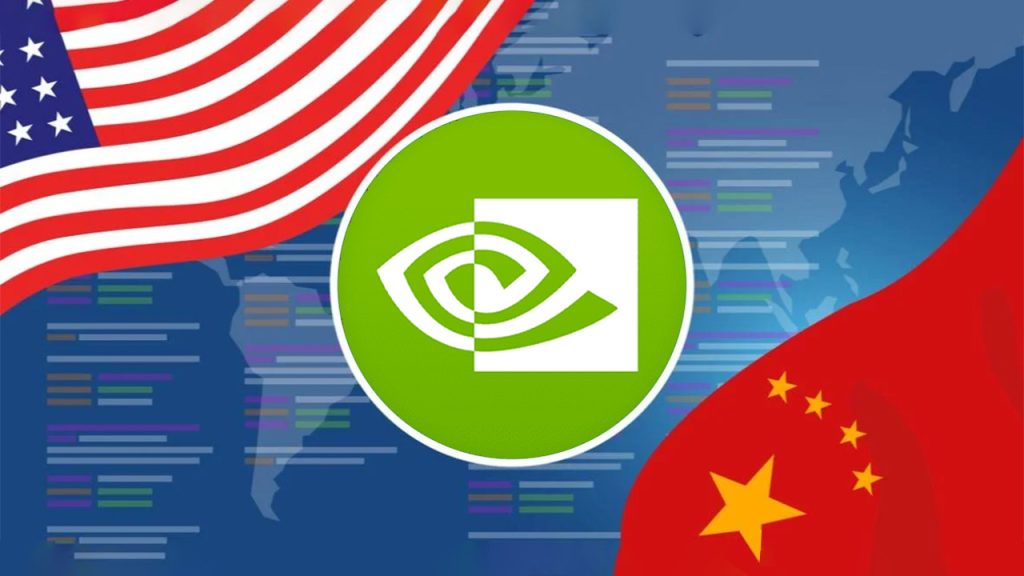Nvidia Corp. came under fire following reports that it did not warn some of its big customers of the recent US export controls put in place for its China-specific H20 artificial intelligence (AI) chips despite being formally notified by Washington. Ignoring the regulatory overhang, the firm has collected a staggering $18 billion in orders for H20 chips since early 2025, highlighting unprecedented demand for next-generation AI hardware in international markets.
Export Curbs Not Comprehensively Reported:
Reports say that Nvidia formally notified US authorities of its reception of new straitjacketed export limits on sophisticated semiconductors headed for China, but didn't promptingly inform a number of its largest customers—possibly impacting procurement strategy and conformity preparation for significant computer buyers across the globe.
$18 Billion of H20 Purchases
Despite these challenges, Nvidia's China-oriented H20 chip family has booked about $18 billion in orders since the beginning of this year. The persistent demand indicates the crucial role Nvidia's AI accelerators play in powering data centers and generative AI initiatives throughout Asia and worldwide.
Potential Industry Impact:
Industry analysts warn that risk and uncertainty generated by changing US export regulations have the potential to disturb supply chains and compel businesses to scramble for substitutes, especially in China's gargantuan and rapidly changing tech market.
Customer Anxiety and Market Trends:
Failure to notify customers in a timely manner has generated anxiety among procurement and compliance teams because Chinese and multinational companies want assurances on whether their orders will be executed or receive new restrictions.
Management and Regulatory Vision:
A top industry executive said, "The current regulatory uncertainty is creating a risky climate for chip buyers. Suppliers' transparency is key to managing risks in this market."
Outlook:
Nvidia's robust order book reflects its competitive advantage, but regulatory hurdles and communication gaps may influence market dynamics in the semiconductor sector going forward.
Source: Reuters, company and industry sources, April 16, 2025.

